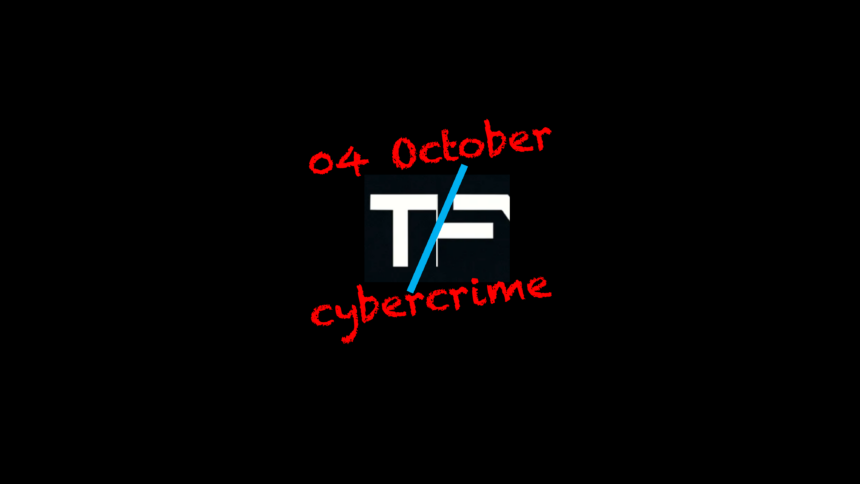Cybersecurity saw several high-profile stories on Friday with global companies and users facing new threats and actions. This roundup focuses on four major stories that highlight the challenges in cybersecurity: the removal of Kaspersky apps from Google Play; growing concerns around DNA data privacy with 23andMe; Meta’s anti-scam enforcements; Meta’s use of personal information.
Here’s a breakdown of the key events and why each matters.
What’s Happening & Why This Matters
Kaspersky Security Apps Pulled from Google Play
Google has officially removed all Kaspersky apps from its Play Store due to sanctions imposed by the U.S. Department of Commerce. The move affects users worldwide, not just those in the U.S. While Kaspersky expressed concerns over Google’s actions, stating that international users are being unfairly impacted, Google made it clear that the decision stems from complying with U.S. federal rules. Kaspersky has not only seen its apps removed but also had its developer account terminated by Google, which limits its ability to update or offer products through this platform.
Kaspersky claims that the sanctions do not extend outside the U.S., but Google disagrees, choosing to block the apps on a global scale. While existing users can still access Kaspersky’s software through alternative app stores like Samsung and Huawei, the lack of access to Google Play presents a challenge in ensuring automatic updates. Without these updates, users’ security may be compromised, as the apps won’t receive bug fixes or protection against newer cyber threats.
23andMe: Privacy Concerns Around DNA Data
In another ongoing cybersecurity story, DNA testing company 23andMe has sparked privacy concerns amid financial instability. Security experts, including leaders from organizations like Signal, are advising customers to delete their genetic data from 23andMe’s database as the company struggles to stay afloat. With concerns that the company could sell its data or be acquired by a third party, the situation raises alarms about the future security of the sensitive genetic information of over 15 million users.
23andMe reassures customers that their privacy remains a top priority, and users can opt-out of sharing their data. However, the company has already partnered with pharmaceutical companies in the past, using customer DNA for research, which adds to growing concerns over how this data might be handled should the company face further financial distress.
Meta’s Anti-Scam Initiatives
Meta, the parent company of Facebook and WhatsApp, remains at the center of fraud-related controversies. Revolut, a fintech company, has publicly criticized Meta for not doing enough to prevent fraudulent activities on its platforms. Meta’s response has been the introduction of the Fraud Intelligence Reciprocal Exchange (FIRE) program, which allows banks to share critical data related to scams, helping the platform combat fraud. However, industry experts remain skeptical about Meta’s efforts, stating that stronger measures are necessary to protect users. Despite Meta’s collaboration with several financial institutions, including NatWest and Metro Bank, critics argue that without stricter control over fraudulent ads and scam job postings, the problem will persist. According to Revolut’s data, purchase scams—ads promoting fake websites or products—still top the list of reported fraud, followed by job scams targeting vulnerable users.
Woody Malouf, Head of Financial Crime at Revolut, emphasized, “The commitment to data sharing, while helpful, isn’t enough. Social media platforms continue to enable fraud, and today’s problems are just as bad as they were a year ago.”
European Court of Justice Ruling Against Meta
In another blow to Meta, the European Court of Justice (ECJ) ruled that Meta cannot use public data on sexual orientation obtained from external sources for targeted advertising. The ruling stems from a case filed by Austrian privacy advocate Max Schrems, who objected to receiving personalized ads based on his publicly discussed sexual orientation. This ruling not only sets limits on Meta’s data collection practices but also affects other advertising platforms operating in the EU. Schrems’ legal team welcomed the ruling, stating, “Meta’s vast data pool built over two decades must comply with EU law on data minimization. This ruling ensures that only a small portion of data can be used for advertising, even with user consent.”
TF Summary: What’s Next?
With new threats emerging and companies like Kaspersky, 23andMe, and Meta navigating these challenges, cybersecurity remains a critical area that requires constant attention. Businesses and users must make decisions that protect their data in an increasingly digital world.
— Text-to-Speech (TTS) provided by gspeech


